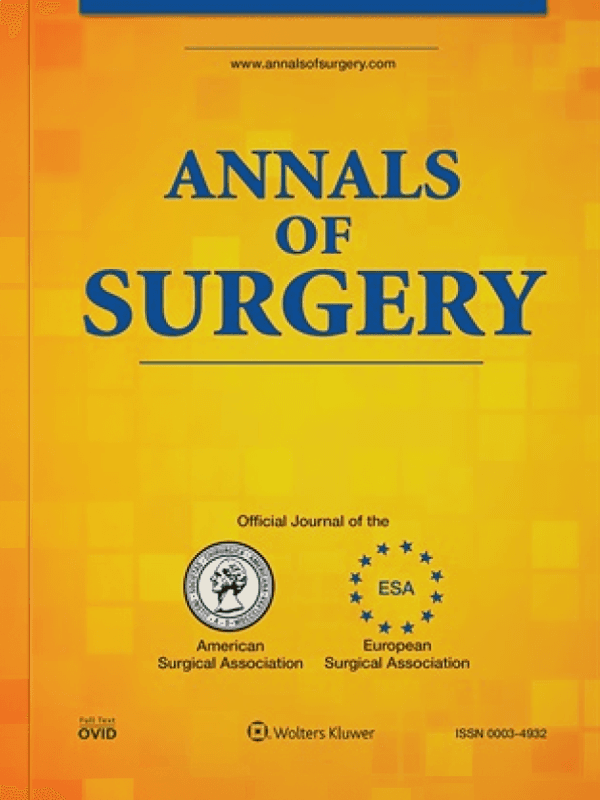CLINICAL EDUCATION
EEG can provide advance warning of technical errors during laparoscopic surgery
Published on
Dec 7, 2022
Surgical Endoscopy
Bonnie A Armstrong, Dan Nemrodov, Arthur Tung, Simon J Graham, Teodor Grantcharov
Overview
This proof-of-concept cohort study investigated the potential use of electroencephalography (EEG) to predict technical errors in surgery, aiming to develop an early warning system (EWS) for surgical performance. The research was conducted at a large academic hospital, involving three surgical fellows performing 12 elective laparoscopic general surgeries. The study recorded audiovisual data of the operating room and the surgeons' neural activity, focusing on the period 40 seconds before and 10 seconds after both technical errors and instances of good surgical performance.
The results revealed 45 technical errors, primarily due to insufficient force or distance, and 27 instances of good surgical performance during grasping and dissection procedures. Significantly, the study found distinct neural signatures indicating error monitoring and motor uncertainty approximately 17 seconds before technical errors occurred. These neural patterns were not observed prior to instances of good surgical performance. The researchers conclude that these findings demonstrate the potential for EEG-based early warning systems to predict technical errors in laparoscopic surgery. They suggest that if these results can be replicated with low false-alarm rates, such a system could be valuable for improving individualized surgical training by alerting surgeons to imminent unsafe actions before errors occur and potentially cause patient harm.
Results
Forty-five technical errors, mainly due to too little force or distance (n = 39), and 27 good surgical events were coded during grasping and dissection. Neural activity representing error monitoring (p = .008) and motor uncertainty (p = .034) was detected 17 s prior to errors, but not prior to good surgical performance.
Peer-reviewed Research



